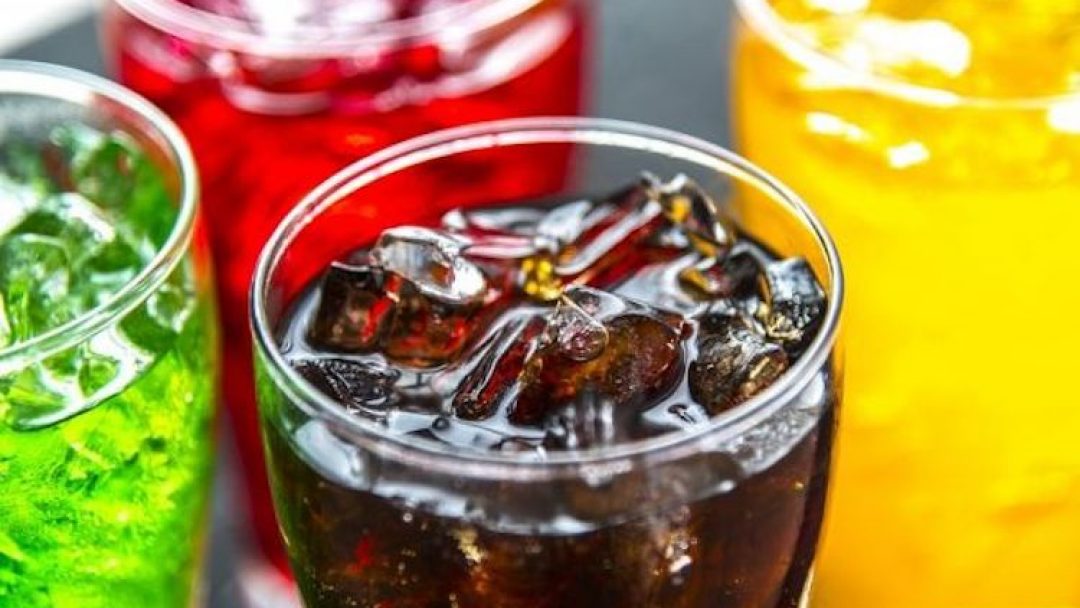New research has linked that frequent consumption of drinks — such as sodas, sports drinks, and juice — may lead to a greater risk of premature death from cardiovascular disease and, to a lesser degree, from cancer. The study was published in the journal Circulation.
When compared to women who consumed these beverages less than once per month, women who consumed more than two servings per day had an increased risk of 63%. The increase for men with the same risk factors was 29%.
For those who consumed more than one of these drinks but less than two per day saw the risk coincide with how much they drink. The association between these sugary drinks and premature death was weaker when considering other lifestyle factors, but the results remained true.
“There’s been previous studies that have shown strong and consistent links between the consumption of sweetened beverages and weight gain, Type 2 diabetes, as well as other cardiometabolic conditions such as heart disease and stroke,” said Vasanti Malik, a research scientist and adjunct lecturer at Harvard.
To get their data, Malik used the information from 37,716 American men from the Health Professionals study and 80,647 American women from the Nurses’ Health Study.
The research suggests that the main cause of death was cardiovascular disease, followed by colon and breast cancer.
The effects of artificially sweetened drinks was also examined.
Drinking one artificially sweetened drink instead of a sugary drink decreased the risk of premature death. However, drinking four or more artificially sweetened beverages increased the risk of cardiovascular disease in women.
Another study published, last month, saw a correlation between the consumption of artificially sweetened beverages and women’s risk of death. According to researchers, more study is needed to know the exact reasons why.
The president of the Calorie Control Council, an organization that represents the low- and reduced-calorie food and beverage industry, believes people shouldn’t draw conclusions from the studies.
“It is likely study subjects were already at a greater risk for these conditions and chose low-calorie sweetened beverages to manage their calorie and sugar intake, as these products are proven safe and beneficial for those managing their weight and blood glucose levels,” he said in a statement.
Likewise, William Dermody Jr., a spokesman from the American Beverage Association, said: “Soft drinks, like all the beverages made by our industry, are safe to consume as part of a balanced diet.
“The sugar used in our beverages is the same as sugar used in other food products. We don’t think anyone should overconsume sugar, that’s why we’re working to reduce the sugar people consume from beverages across the country. … [L]ow- and no-calorie sweeteners have been repeatedly confirmed as safe by regulatory bodies around the world,” he added.
Malik believes her team’s research indicates consumers should try to cut back on their sugary and artificially sweetened drink consumption.








